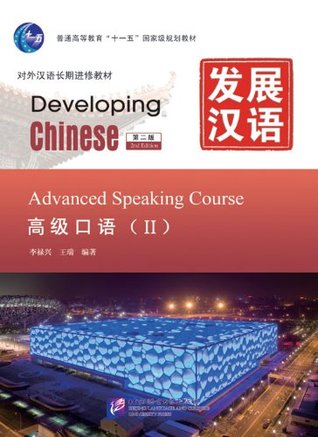Firstly, I love the HSK system because it’s clever and introduces compound words/characters really well. In HSK1 you may learn 谢谢Xièxiè (Thank you), in HSK3 觉得Juédé (Think), in HSK4 感谢Gǎnxiè (Thank) and 感觉(Gǎnjué). You can forgive HSK for becoming increasingly written language (especially HSK5 & HSK6).
And although I cannot really compare HSK1 to 高级口语, what I dislike the most (about HSK) is how pedantic and boring it became come HSK4. It’s educational but not stimulating. I remember how there’s a text from a taxi driver who says he likes traffic jams because it helps him relax, and what I feel a dozen texts on “只要你学习努力你肯定会成功”. And I also remember how, after both books of HSK4, I had almost no motivation left for learning Mandarin. Which is weird, because the progress in Chinese should open up new and more interesting topics
I’ve always learned from the books with a teacher, handling text in the class and studying vocab & homework exercises on my own afterward. After HSK4, I started learning Developing Chinese instead of doing HSK5. And I remember how I smiled at those first classes for how fresh the contents felt, and by how useful the words were, learning so many useful words and re-using words but with new meanings or usages.
中级 I & II are good, then 高级 I was a bit pedantic (but still very good & useful). I remember there’s a class on how we shouldn’t use plastic bags, or whether divorce is a bad thing or not.
But the second book of 高级汉语 is really fantastic, it has a different author than the first but it’s from the same Beijing Language and Culture University Press (北京语言大学出版社).
The texts are interesting. I’ll list a few topics here:
- Should we have a women-only carriage in the subway?
- How will humans look in 100,000 years’ time?
- How to punish kids/students as a parent/teacher
- When is lying acceptable?
- Should marriage have an expiration date?
- Workaholics, a good or bad thing?
- Are first impressions correct?
- Different types of discrimination
- Your pet annoys me
- Are security cameras a good or bad thing?
- Would you tell others if you won the lottery?
- Should you use your real name online?
- Do famous people have the right to privacy?
It introduces new words and also sentence patterns. Let me share one text/page here (sorry for my notes):

The most important sentence pattern here is “不仅。。。,也。。。” but also conjunction words like 因此,此外,由于,处于. (Even though its Spoken Chinese, it still handles some formal words.)
Mostly the topics have fascinated me. During each class, I discuss them with my teacher and I’m surprised by how well we can speak about these topics in Mandarin. It has hugely contributed to the joy I find in learning Chinese.




